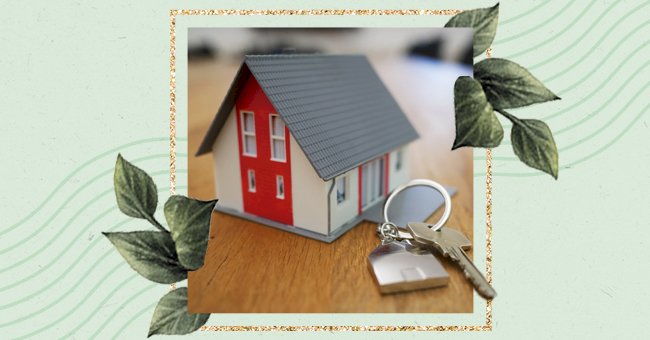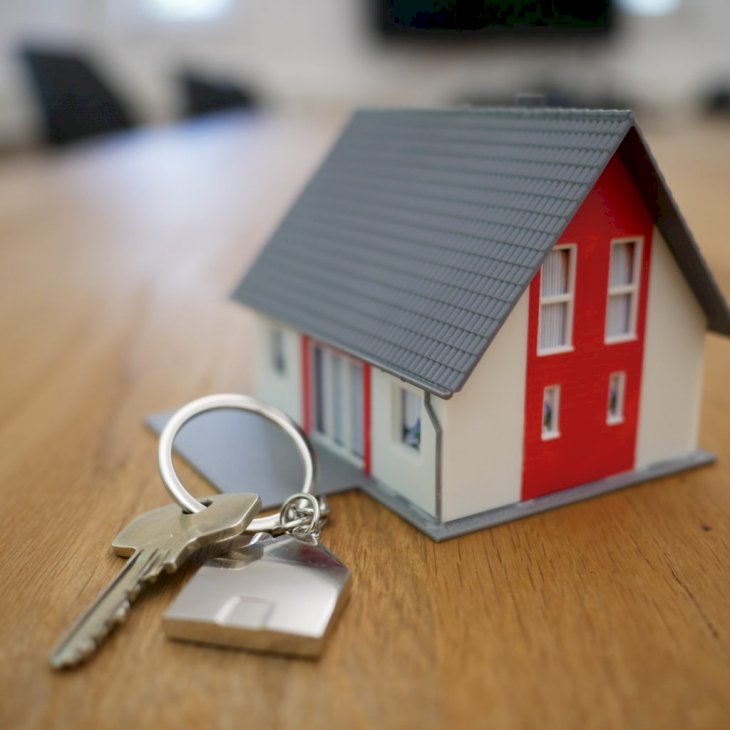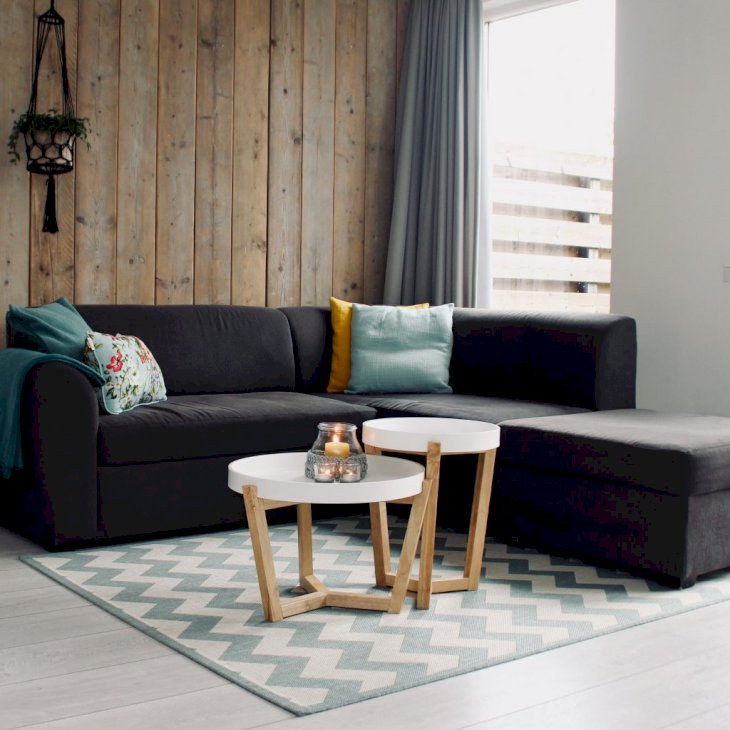
A Guide To Budgeting When You Live Alone
Living alone, especially if it's your first time, is a thrilling experience. The newfound freedom and having a space that feels more like your own can be exciting.
2020 was a year marked with widespread uncertainty. Several reasons ranging from health to financial reasons led to many people packing up their lives and moving back home with the parents. While it's a privilege to have the option, being an adult and moving back into the nest with your parents can feel a little stuffy. For others, plans of moving out were derailed.
While life begins to balance out somehow and people start to find their feet again, many people might be looking to move out of the parent's home and into their own space; among some of the primary considerations of living alone are finances.
Think About Your Relationship With Money

Photo by Tierra Mallorca on Unsplash
This is possibly one of the most significant factors to financially finding your feet when living alone. Consider the ways that you interact with money and how you spend and receive it. By all means,
When we have a healthy relationship with money, it can enrich our lives. The opposite could lead to overspending and debt. On the side of the spectrum, you want to avoid being overly frugal to the point that the quality of your life is affected.
Take Note Of Your Income And Expenses

Photo by Kelly Sikkema on Unsplash
Preferably, before making the move, but if you're already living in your place, it's not too late. Make a list of your expenses and not how much you spend on each.

Photo by Sharon McCutcheon on Unsplash
According to Credit Canada's Budget Planner, your monthly expenses might look like this as a percentage (adapt to your lifestyle as needed):
- Housing & Utilities: 45%
- Food: 15%
- Transportation: 15%
- Debt Payments: 5%
- Savings: 5%
- Personal & Discretionary: 5%
- Clothing: 2.5%
- Medical: 2.5%
Furnishing

Photo by Sven Brandsma on Unsplash
When you think about being in your own space, some of the most exciting things for some people make them feel like their own.
With this, it might be easy to go a little overboard, getting all the personalized touches that you want to get as soon as you can. First, focus on your must-haves like a bed and fridge before that cute ornament or decorative light. Also, be careful of getting things on credit that you can't pay off in a month or two.
Savings

Photo by Micheile Henderson on Unsplash
Very important to consider are savings. For any person who is in control of their finances, it's well-advised that they have money for a rainy day.
Adulting has its challenges, and money matters are one of the most glaring of them. But like other things, people are just trying to figure it all out. Be kind to yourself, even when it comes to your finances, Do as much research as you can and keep track of where your money is coming and where it's going out.